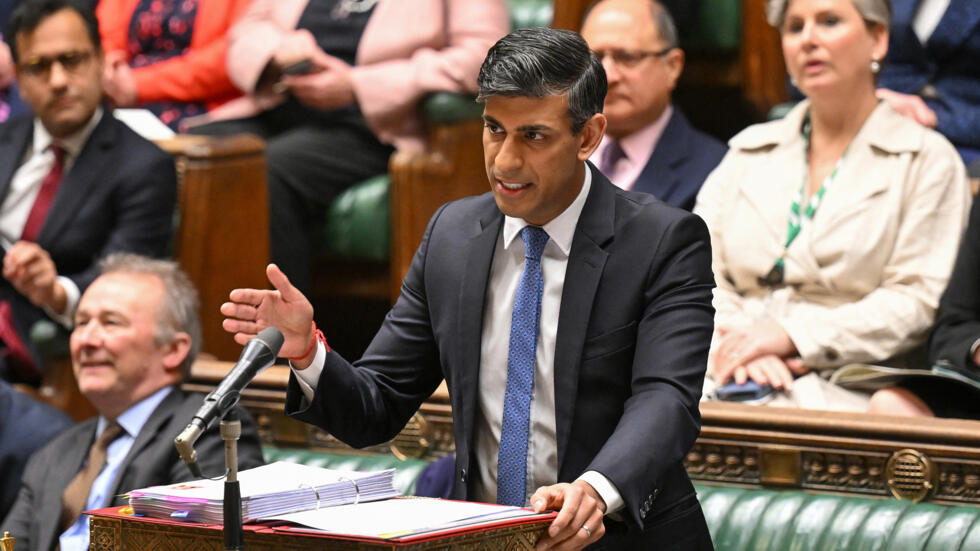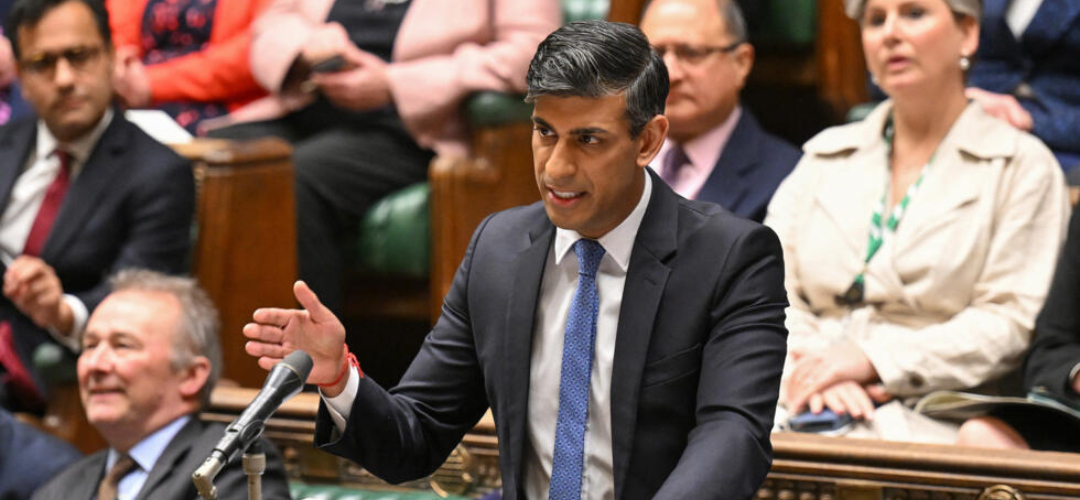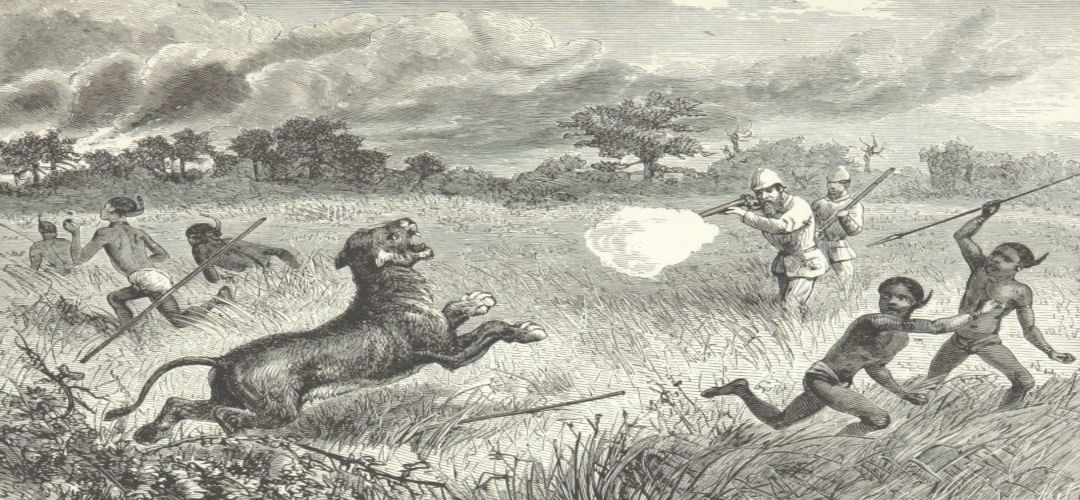Is the decision to call for snap elections a sign of the Tory Party’s desperation?
Britain’s political landscape has become very exciting as Prime Minister Rishi Sunak calls for an early general election. This decision, regarded by many as the riskiest move of his tumultuous premiership, sets the stage for a high-stakes battle that will dominate the UK’s airwaves for the next six weeks.
With the Conservative Party lagging significantly in the polls, the election will determine whether Prime Minister Sunak can defy the odds or if Labour, led by Keir Starmer, will usher in a new era of centre-left governance.
Background
In the UK, general elections determine the composition of the House of Commons, with all 650 members elected for a five-year term. The party that secures a majority in the Commons forms the government, with its leader becoming the prime minister. A coalition government may be formed if no party wins an outright majority.
Key candidates in this election include Rishi Sunak for the Conservative Party and Keir Starmer for the Labour Party. Other significant parties include the Scottish National Party (SNP), Liberal Democrats, and the Democratic Unionist Party (DUP). The new Reform Party, formed by former Conservatives, could also influence the results by drawing votes away from the main parties.
This election represents a critical juncture for Britain. If Labour wins, it will mark the end of 14 years of Conservative rule and the beginning of a centre-left government under Starmer. Such a victory would reflect a significant shift in public sentiment and a rejection of the Conservative approach to governance. On the other hand, if Sunak manages to secure an unexpected victory, it would be a remarkable political comeback, solidifying the Conservative Party’s dominance and extending its rule toward the two-decade mark. However, given the current political and economic climate, this scenario is widely considered unlikely.
Sunak’s decision to call an election now, rather than waiting until the deadline in December, is seen as a strategic but risky manoeuvre. The Conservative Party is trailing Labour by around 20 points in opinion polls, a gap that has persisted throughout Sunak’s tenure. The economic outlook remains bleak, with inflation and slow growth contributing to a sense of uncertainty. By calling the election early, Sunak hopes to capitalise on a slight improvement in economic indicators and avoid the potential for even worse economic news later in the year.
A major focus of Conservative policy has been on curbing asylum seekers crossing the English Channel, with Sunak’s administration introducing a contentious plan to deport some migrants to Rwanda. This policy has faced substantial criticism and legal challenges, with detractors labelling it inhumane and ineffective. The plan has not yet been implemented but is forming a central pillar for Mr Sunak’s electoral campaign. The summer months are likely to see increased crossings, which could gather support for Sunak’s Rwanda deportation plan. Perhaps the Tories sense a strong undercurrent of antipathy against illegal migrants who cross the narrow channel and are then allowed to reside for years, awaiting a final decision. The Rwanda deportation plan could act as a strong deterrent, which the British public would generally welcome. Thus, Sunak’s decision to call the election now appears to be an attempt to leverage this support and convert it into votes.
The consensus among political analysts and the public is that the Conservative Party will likely lose the upcoming election. Labour has maintained a commanding lead in the polls since late 2021, and this lead has only solidified under Starmer’s leadership. Current projections suggest Labour could secure a comfortable majority or even achieve a landslide victory, resulting in a near-wipeout of Conservative seats.
The Conservative brand has been severely tarnished by a series of scandals, most notably Partygate and the brief, chaotic premiership of Liz Truss, whose economic policies wreaked havoc on financial markets. Sunak’s leadership, while more stable, has not been able to reverse the party’s fortunes in the polls. Despite some hopeful signs in local election results, which suggested a narrower Labour victory, the overall trend points to a significant shift in power.

Analysis
The Conservative and Labour parties have launched their campaigns, focusing heavily on the economy and defence. The Conservatives accuse Labour of planning tax increases and being ill-prepared for global challenges, while Labour blames the Conservatives for 14 years of economic mismanagement that has led to instability and slow growth. This framing sets the stage for a battle over who can best manage the UK’s economic recovery.
Britain is grappling with high inflation and sluggish economic growth, leaving many citizens financially strained. Although the Conservative government, under Rishi Sunak, has managed to reduce inflation from its peak, the economy slipped into a technical recession in late 2023. Labour contends that Conservative policies have failed to foster sustainable growth and economic stability.
The National Health Service (NHS) is under severe strain, plagued by long waiting lists and service delays, resulting in widespread public frustration. While both parties recognise the urgent need for reform, their proposed solutions diverge significantly; Labour advocates for increased investment and comprehensive structural changes. Additionally, Sunak has been criticised for delaying environmental initiatives, such as the phase-out of petrol and diesel vehicles and the approval of new oil drilling projects in the North Sea. In contrast, Labour has committed to more ambitious climate change targets and investments in green technology, positioning itself as the party more dedicated to environmental sustainability. As the election approaches, these issues—economic management, immigration, healthcare, and the environment—are likely to dominate the political discourse, shaping the electorate’s choices and determining the country’s future direction.
Assessment
- The campaign will focus on the economy, immigration, healthcare, and the environment. Both parties aim to persuade undecided voters and strengthen their support base.
- Sunak’s challenge is to shift public perception and narrow the polling gap, while Starmer seeks to maintain Labour’s lead and offer a compelling vision for the future.
- The election’s outcome will significantly influence the UK’s direction, with the potential for a new Labour government or a surprising Conservative resurgence. Thus, the next six weeks are crucial for British politics.




